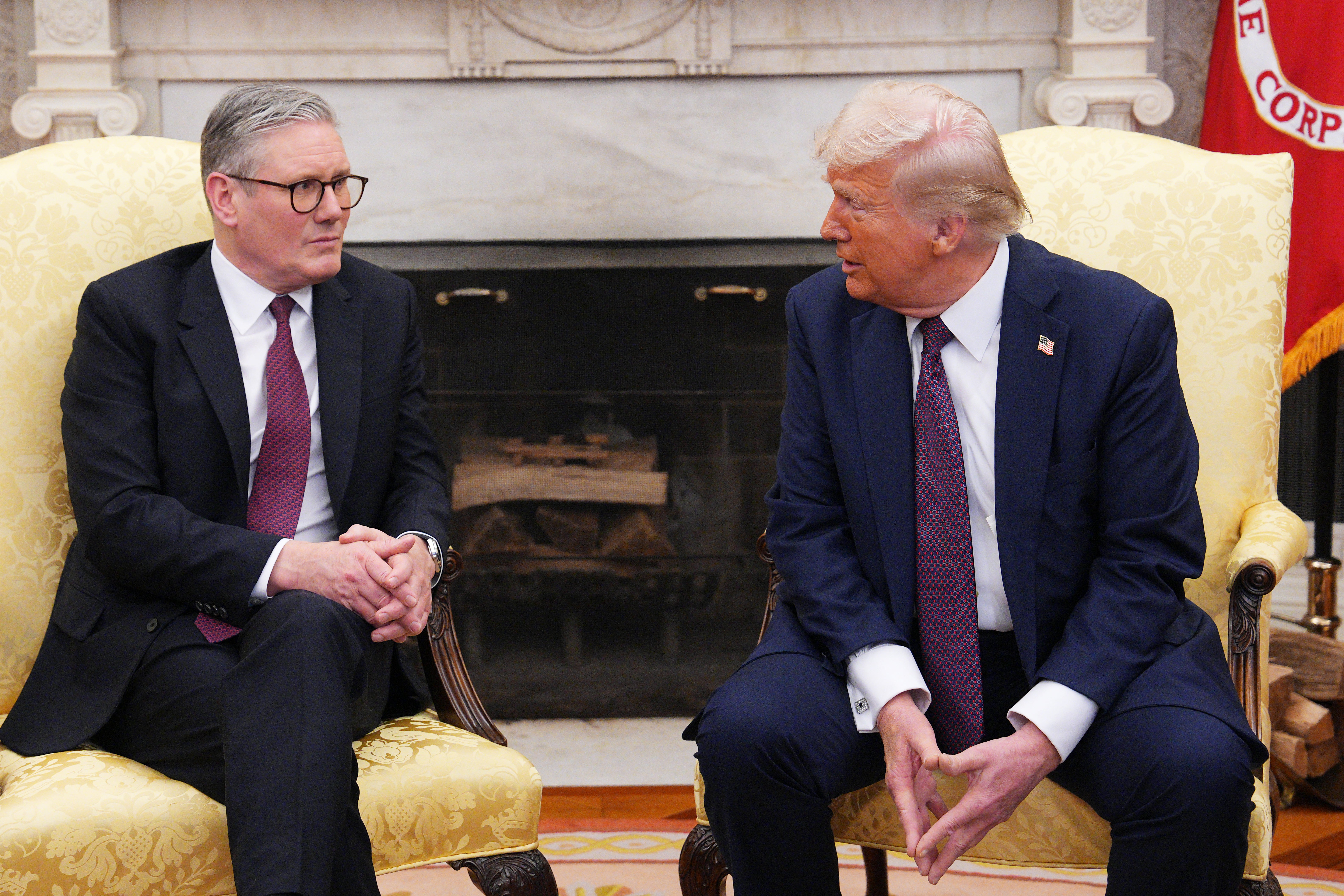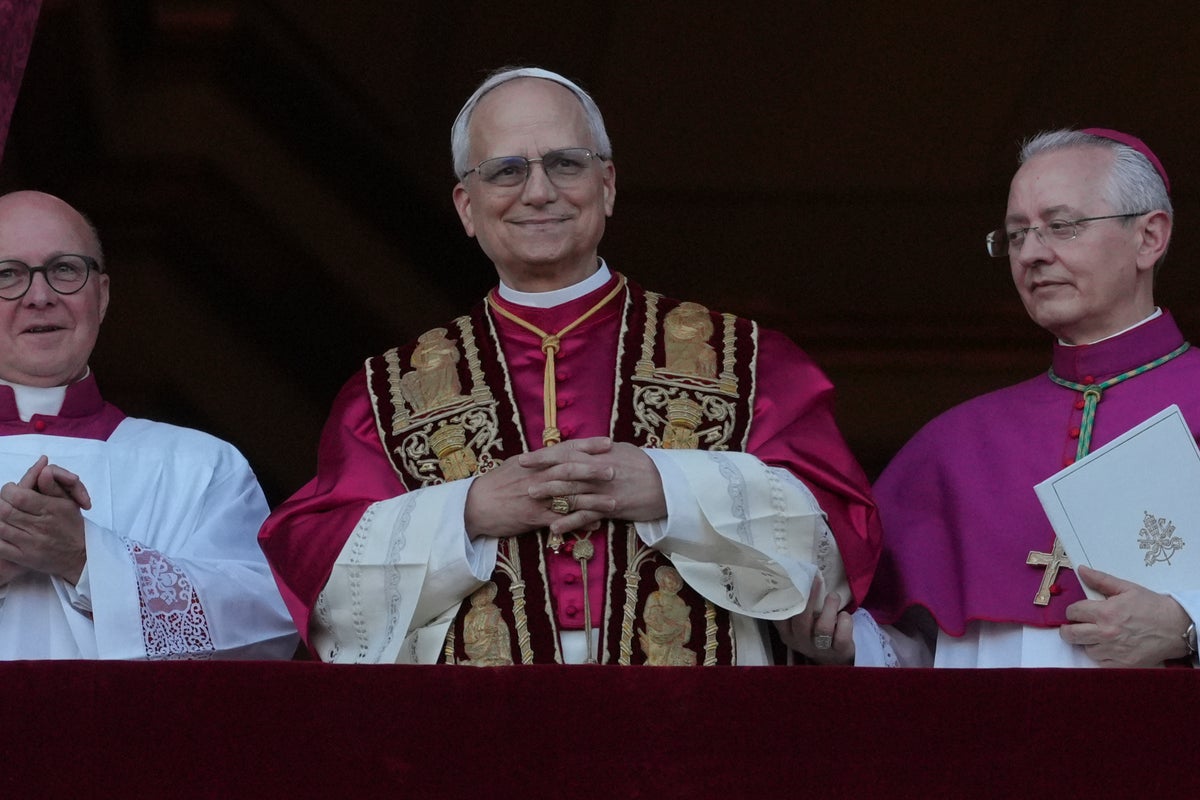Theresa May, Boris Johnson, Liz Truss and Rishi Sunak all promised – but failed to deliver – a post-Brexit trade deal with the US.
And, less than a year after entering Downing Street, Sir Keir Starmer has got the job done. Or has he?
The prime minister has secured what Donald Trump is calling a “major trade deal” with the US president saying it would be a “big and exciting day” for the US and UK – which he praised as a “highly respected country”.

The deal is a coup for Sir Keir and his diplomatic touch with Mr Trump, but major caveats apply.
Sir Keir has not secured the comprehensive free trade deal with the US long-promised by Brexiteers, but simply a carve-out for the UK from Mr Trump’s Liberation Day tariffs. Negotiations will continue about a wider trade pact, with key obstacles around agriculture remaining.
Professor Jonathan Portes, professor of economics and public policy at King’s College London, told The Independent the trade deal would be “damage limitation rather than an economic boost”.
“That is, it is likely to limit the Trump tariffs, but our exporters will probably still be facing higher tariffs overall than they were last year,” he said.
Prof Portes added: “This will clearly be a relief to companies and the government deserves credit, but Trump’s policies overall remain a huge downside to the global economy and hence to the UK.”
As the PM celebrates becoming the first world leader to free his country from Trump’s Liberation Day tariffs, The Independent looks at what his predecessors promised in a trade deal with the US.
Theresa May
Theresa May was the first prime minister to chase a post-Brexit trade deal with Mr Trump, with the US president in his first term promising a “very big and exciting” agreement.
The former PM, who succeeded David Cameron after the EU referendum, said Brexit was an “unprecedented opportunity” to create jobs in the UK and US.
But as she hosted Mr Trump for his first state visit to Britain, her trade plans began to come unstuck.
The US president at the time warned Baroness May’s Brexit plans “would probably end a major trade relationship with the United States”. He said he “told Theresa May how to do it but she didn’t agree, she didn’t listen to me”. “She wanted to go a different route,” Mr Trump added.
Ms May was deposed as PM before she could attempt to get a deal over the line.
Boris Johnson
The possibility of a trade deal with the US under Boris Johnson always looked faint. Mr Trump upheld his opposition to the UK’s EU exit deal, telling Nigel Farage in a 2019 radio interview that “under certain aspects of the deal… we can’t make a trade deal with the UK”.
That was just months before Joe Biden ousted Mr Trump, kicking a trade deal with Britain into the long grass.
Mr Johnson accepted that a trade deal with Britain was not a priority for Mr Biden, adding that the former president had “a lot of fish to fry”.
The Tory was then forced out of office over various scandals, including the Partygate Covid lockdown breaches, leaving Liz Truss in charge of securing an agreement.
Liz Truss
Liz Truss’s tenure as prime minister was so short that she did not even discuss a US trade deal with Mr Biden before being replaced.
Ahead of a September 2022 New York meeting with the US president, she said negotiations over a deal had stalled and accepted it would be years before they were back on track.
Just 49 days later, Ms Truss resigned as Conservative leader and prime minister after her disastrous mini-Budget crashed the economy.
Rishi Sunak
When Rishi Sunak took over as PM, he was left with the reality that a comprehensive free trade deal with the US was an unlikely prospect. “I think that for a while now, that has not been a priority, for either the US or UK,” he said in 2023.
He shifted Britain’s approach towards a more narrow agreement, opening the door to a smaller agreement to boost specific sectors.
With Mr Biden focused on the US presidential election, any move towards something more significant looked unlikely.
Sir Keir Starmer
Sir Keir pressed on with the approach adopted by Mr Sunak, pursuing an agreement based on specific sectors instead of a comprehensive trade agreement.
His government has been chasing a deal targeting the growth of “future” industries, such as biotech, new pharmaceuticals and artificial intelligence.
But negotiations were thrown into turmoil by Mr Trump’s Liberation Day tariffs, heightening the urgency with which Britain needed to strike an agreement.
Thursday’s deal is much more likely to cover some of the ground talks were originally focused on, while also addressing the US president’s 25 per cent import levies on British cars, steel and aluminium.
In return, the president hopes to have won concessions on access for US tech giants and farmers to the UK market.





